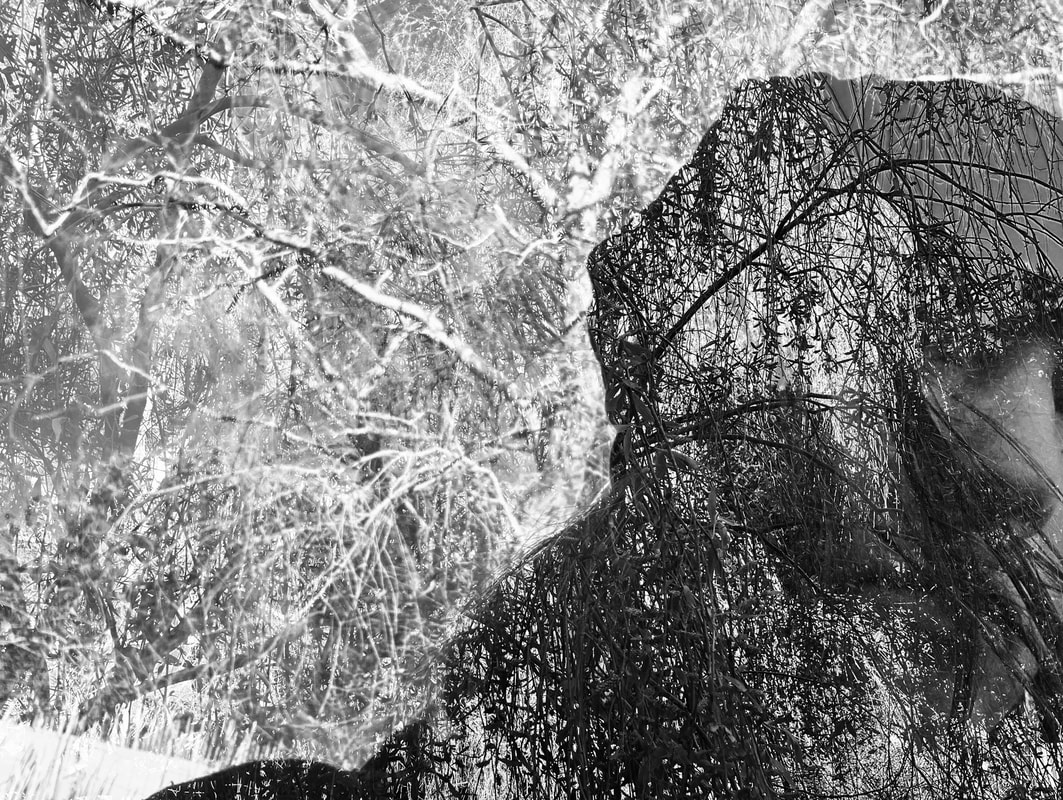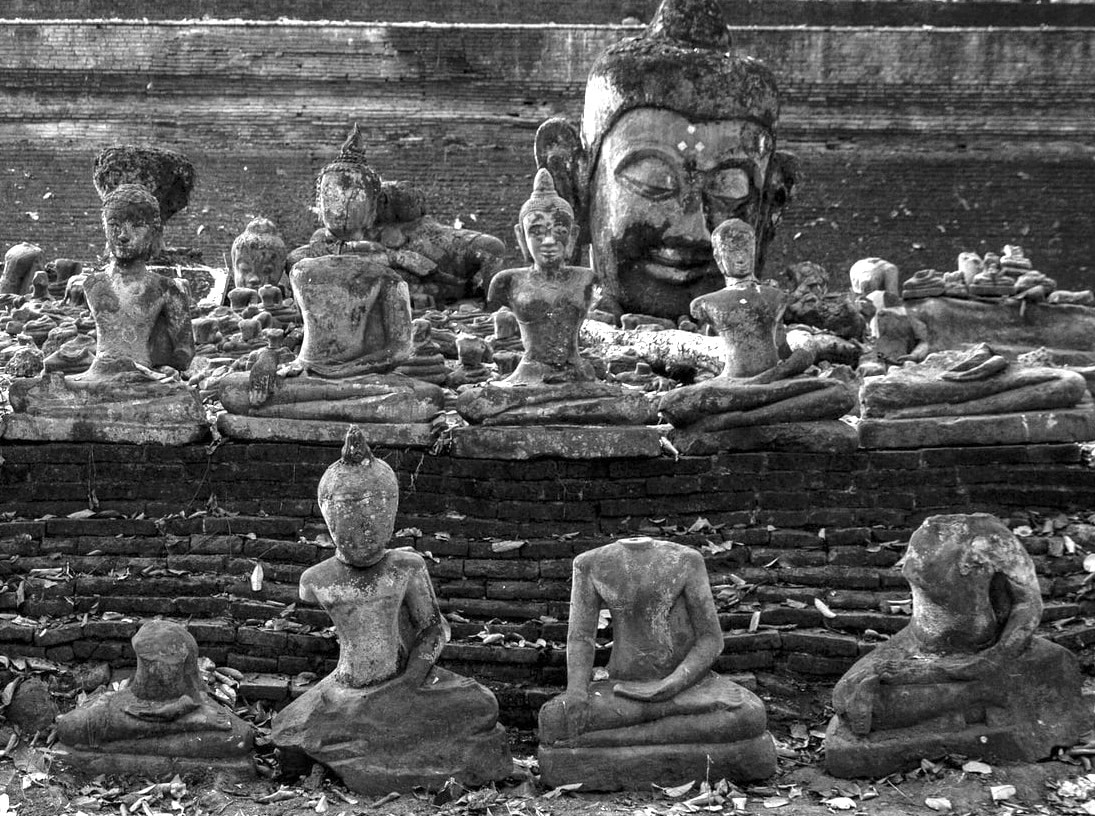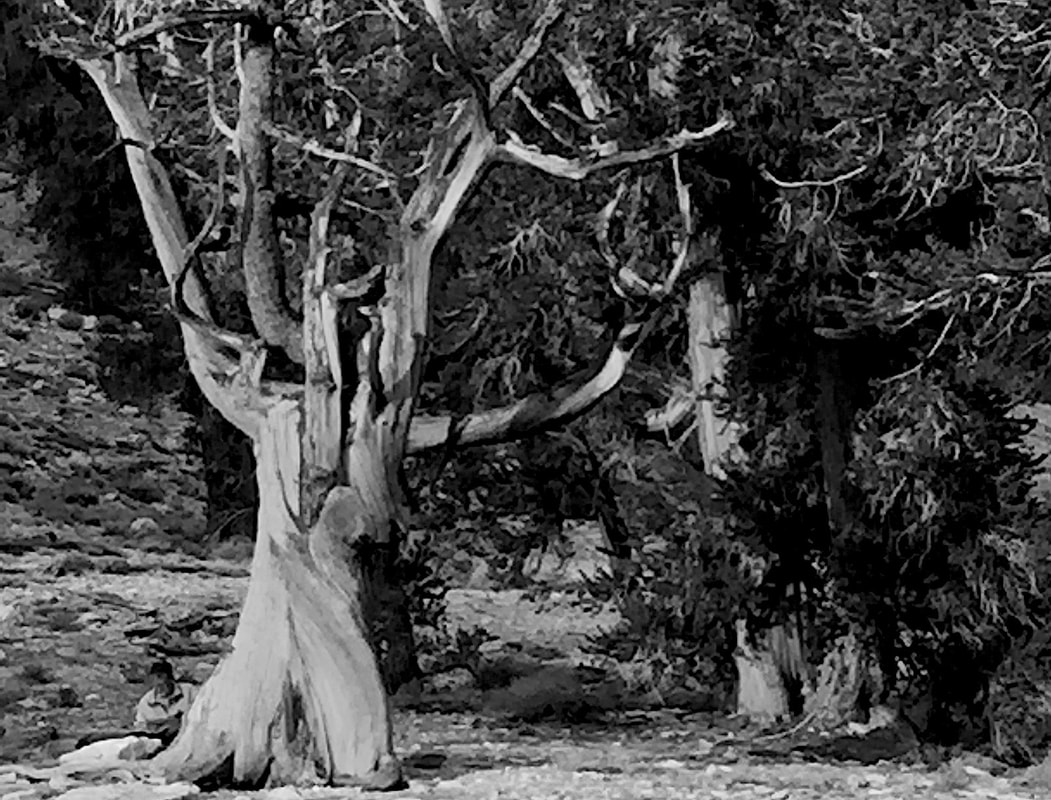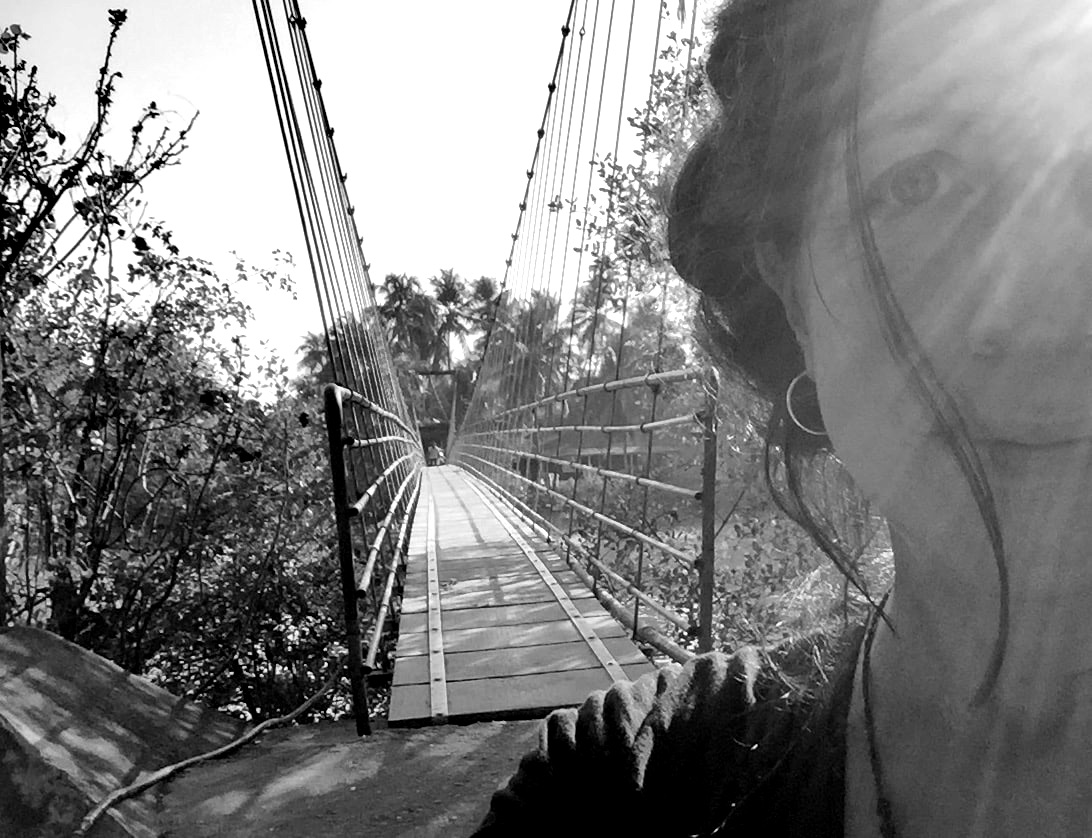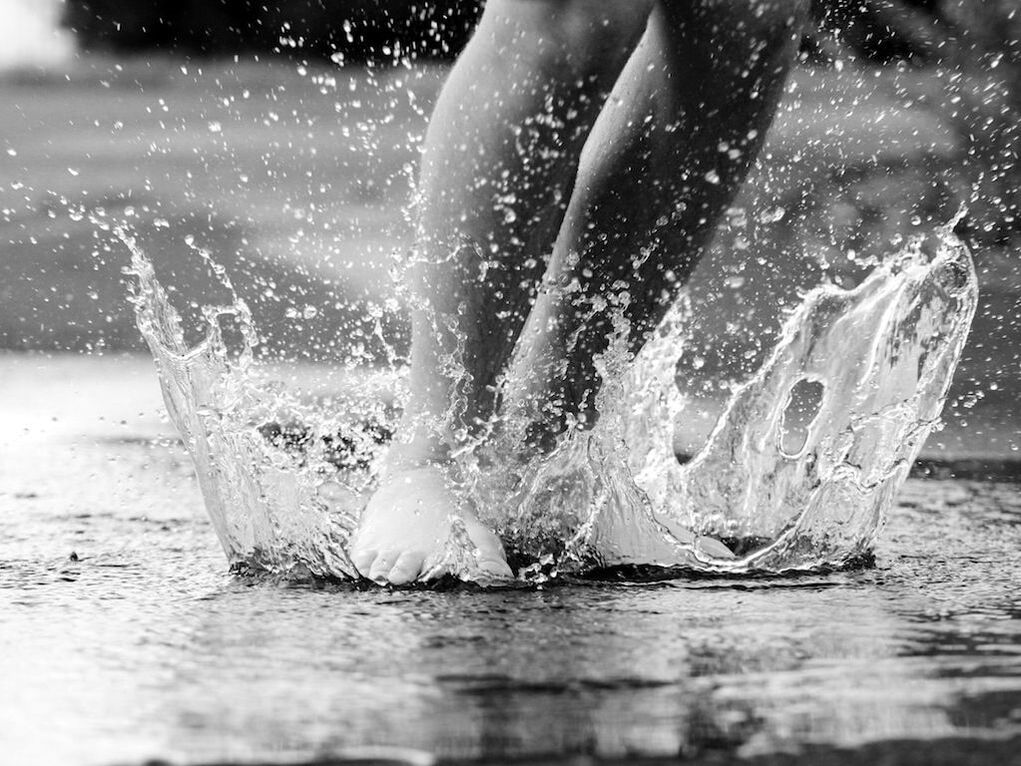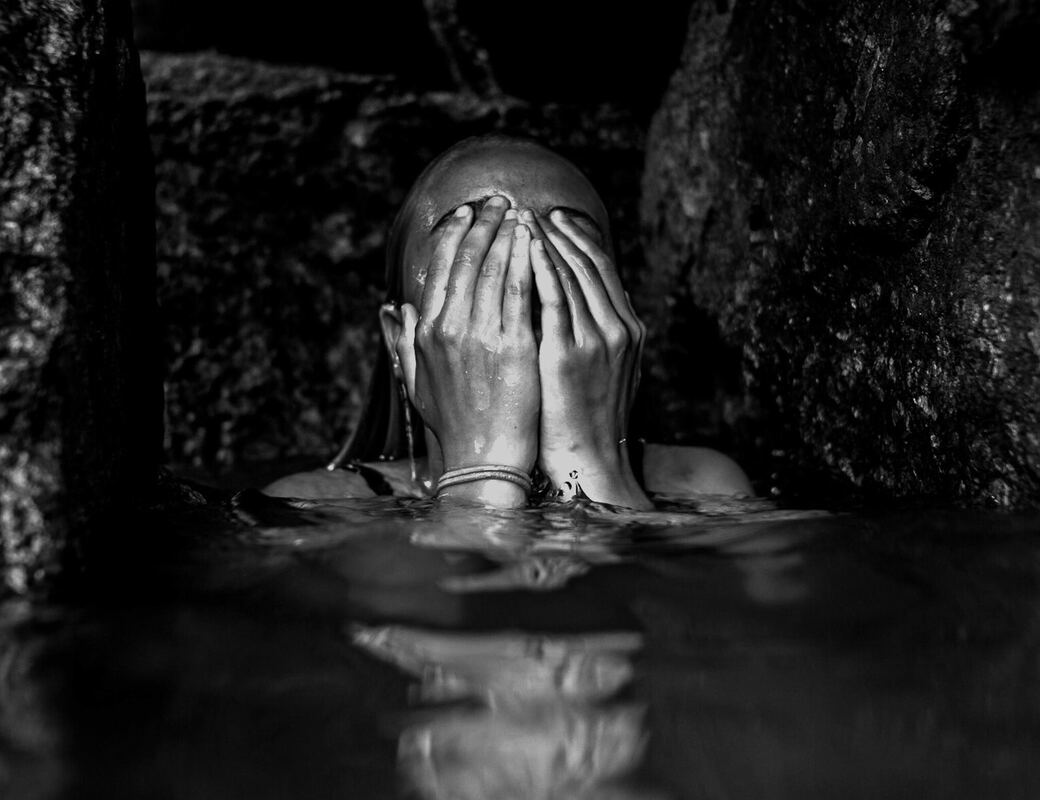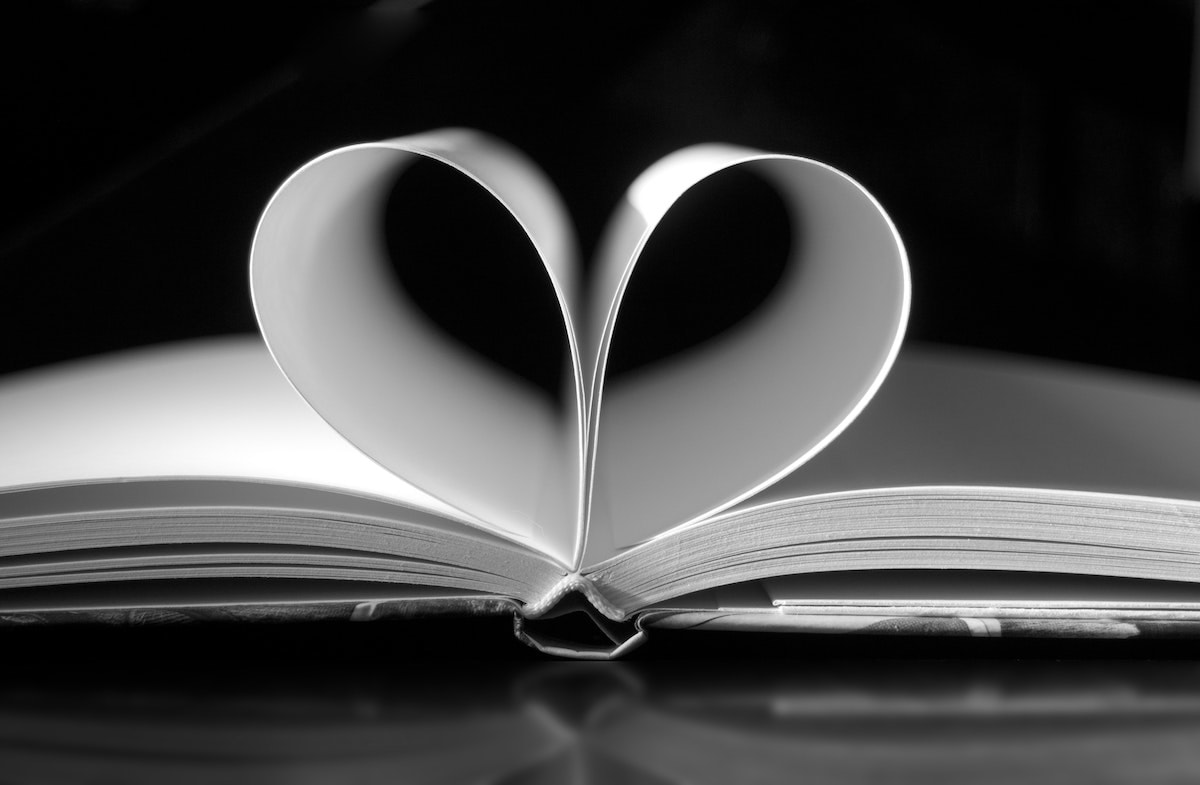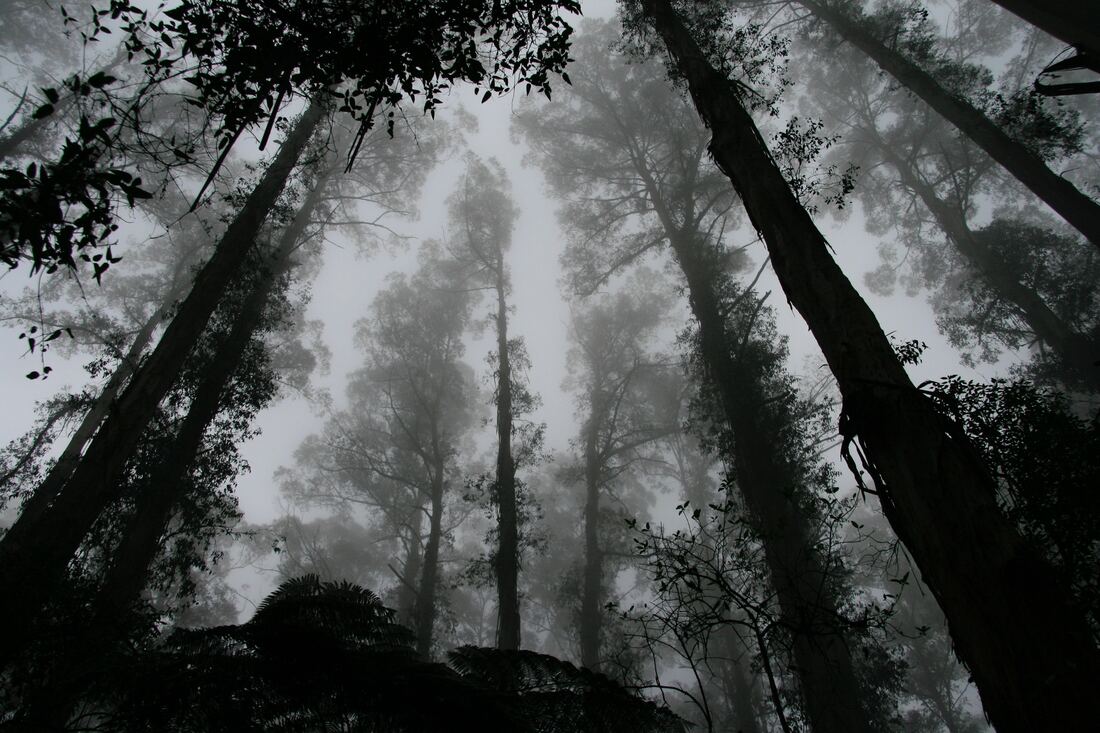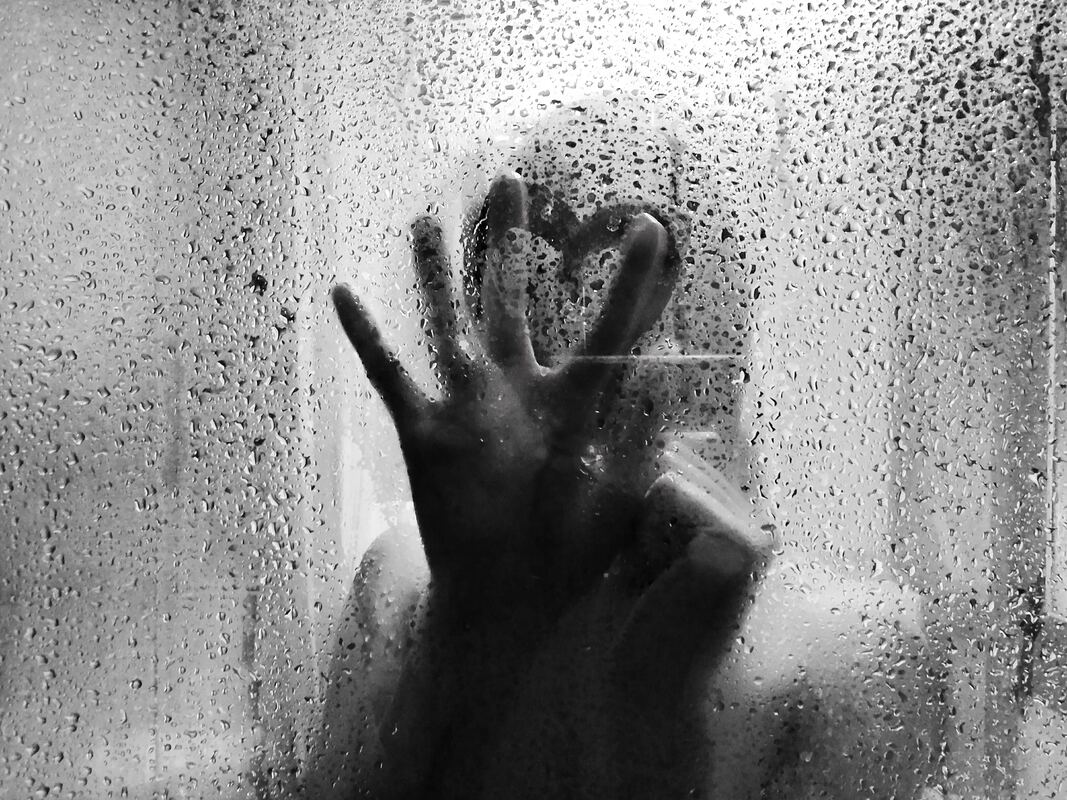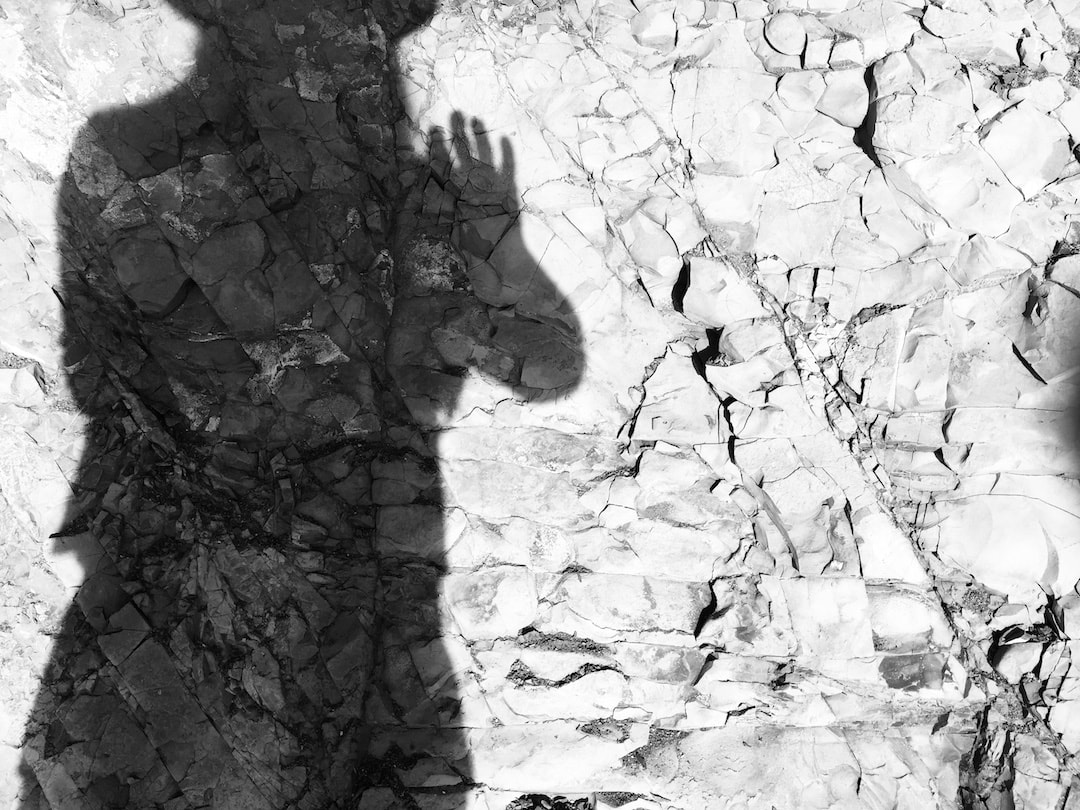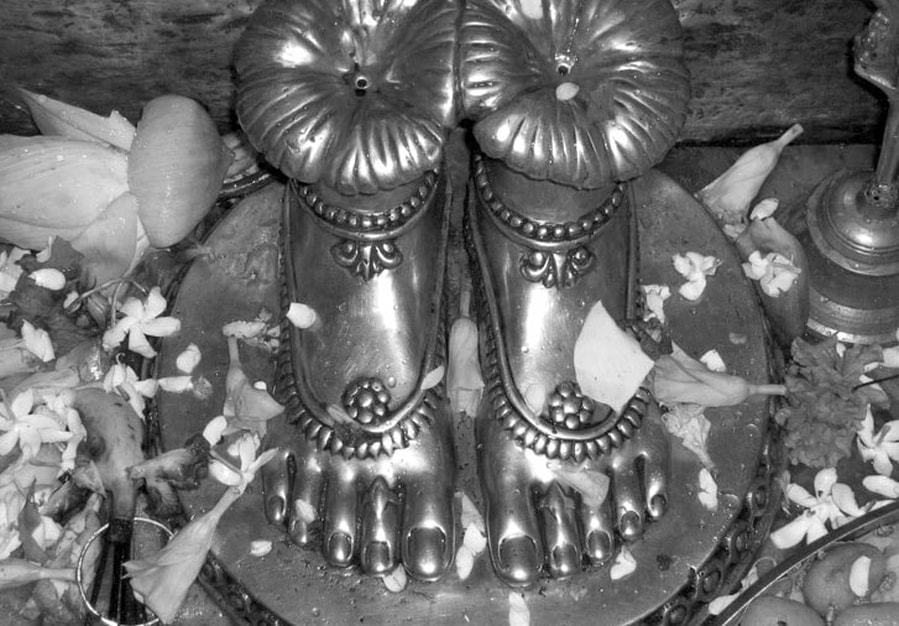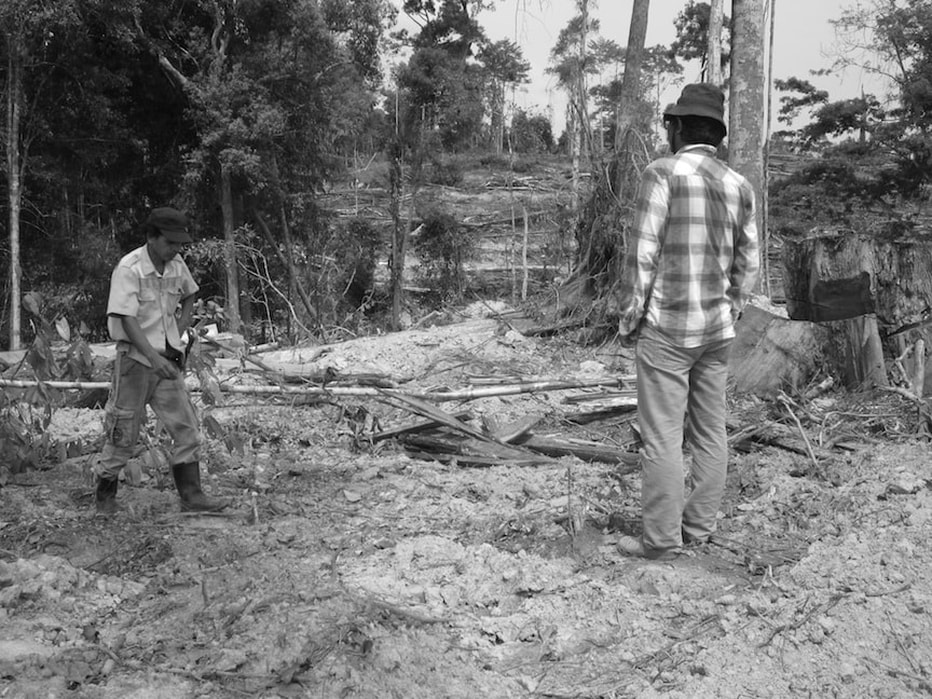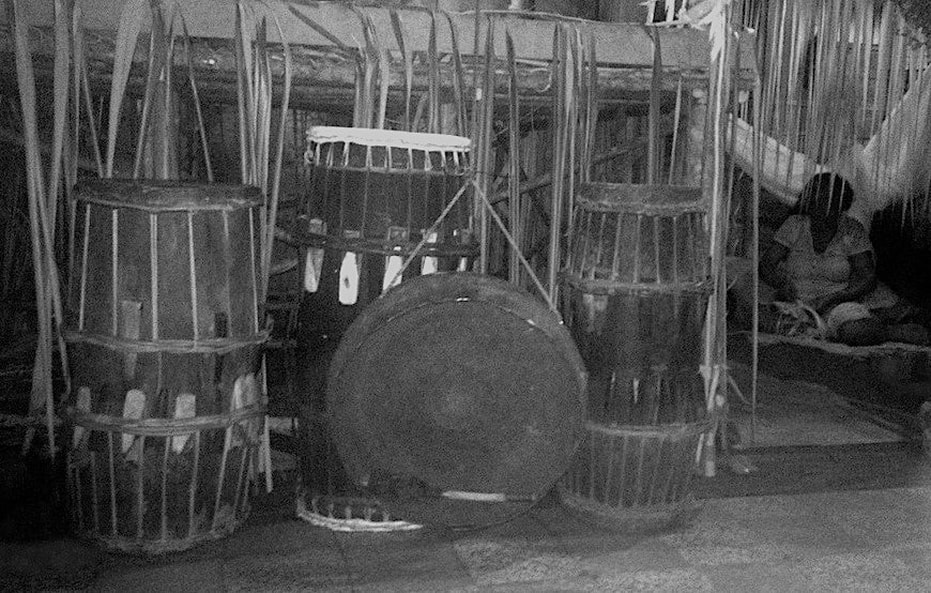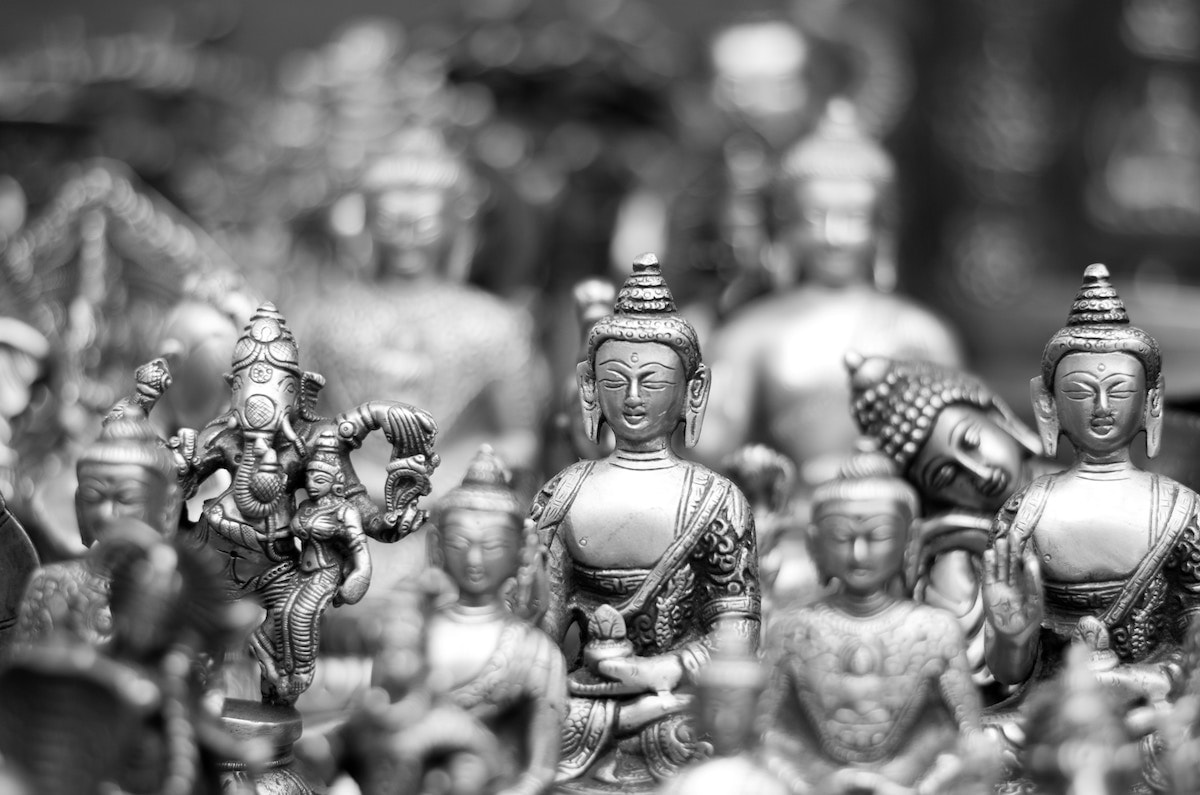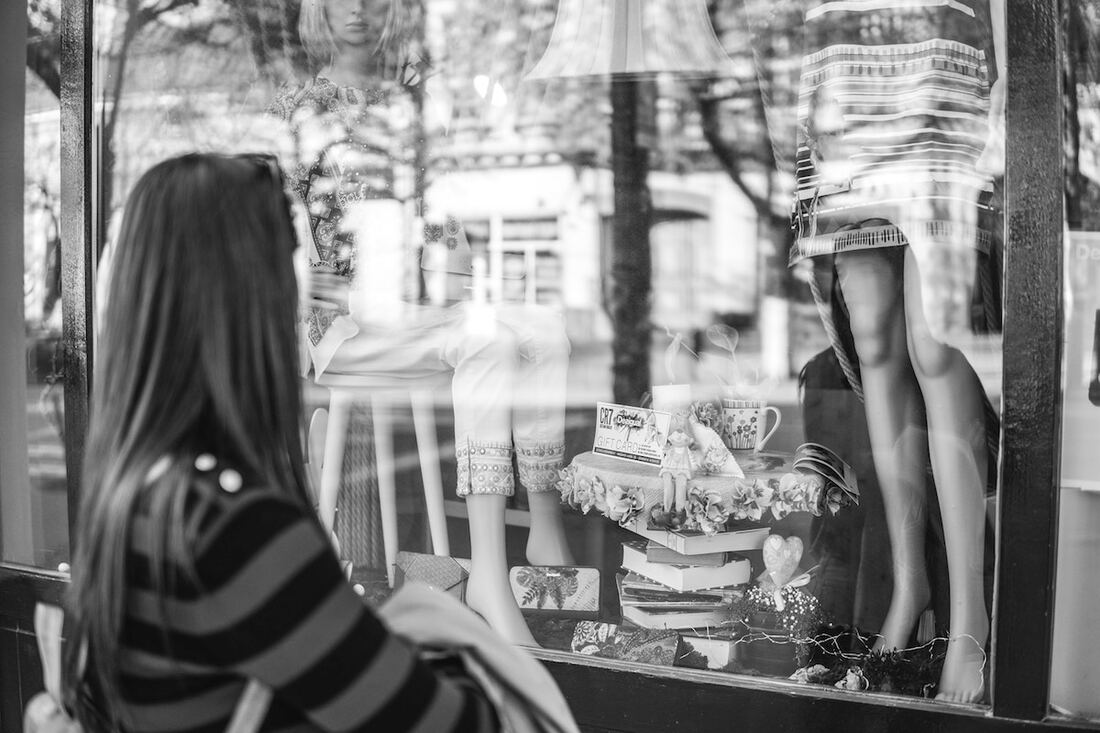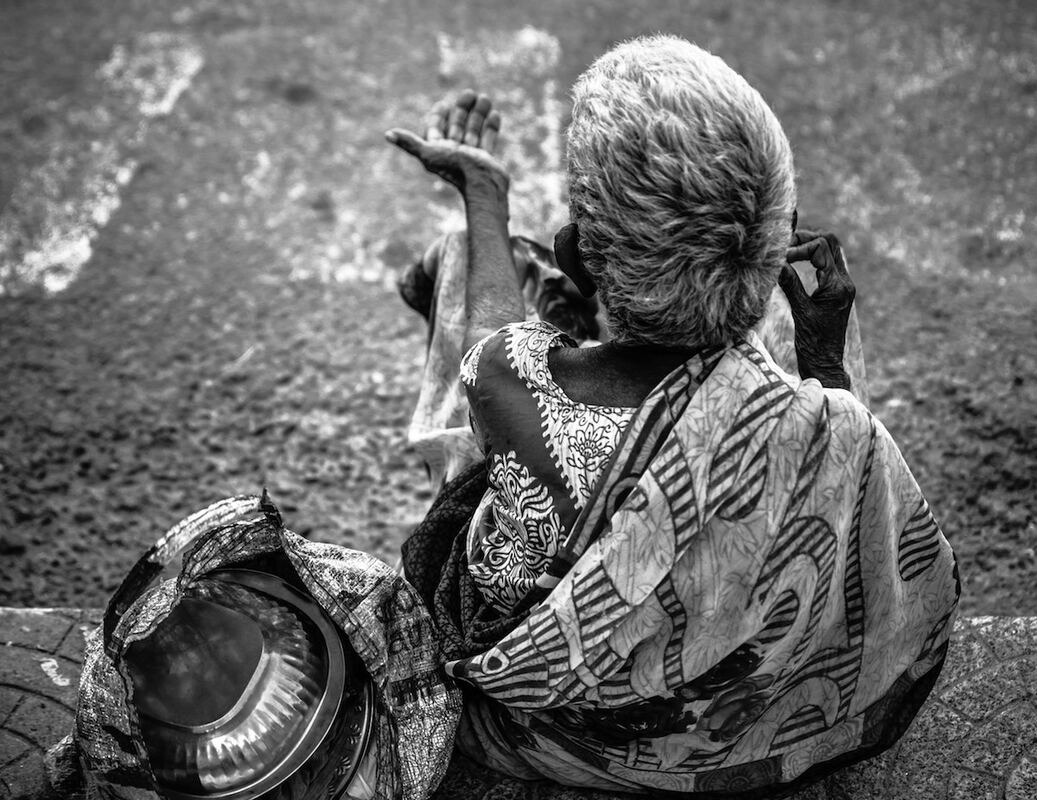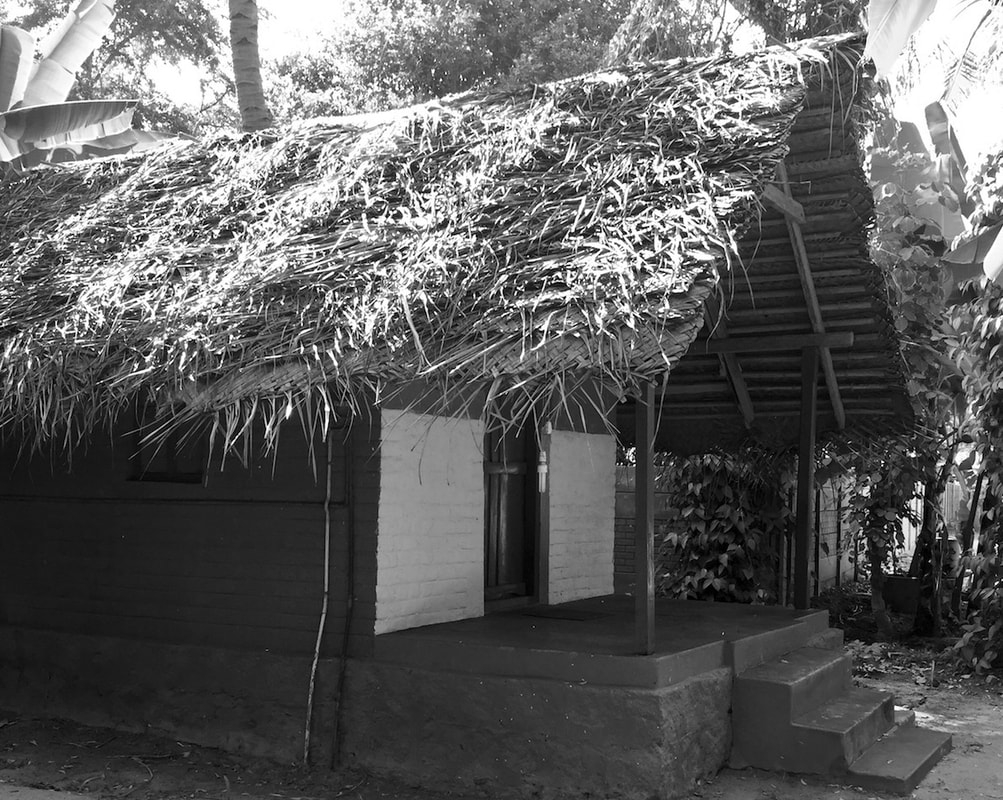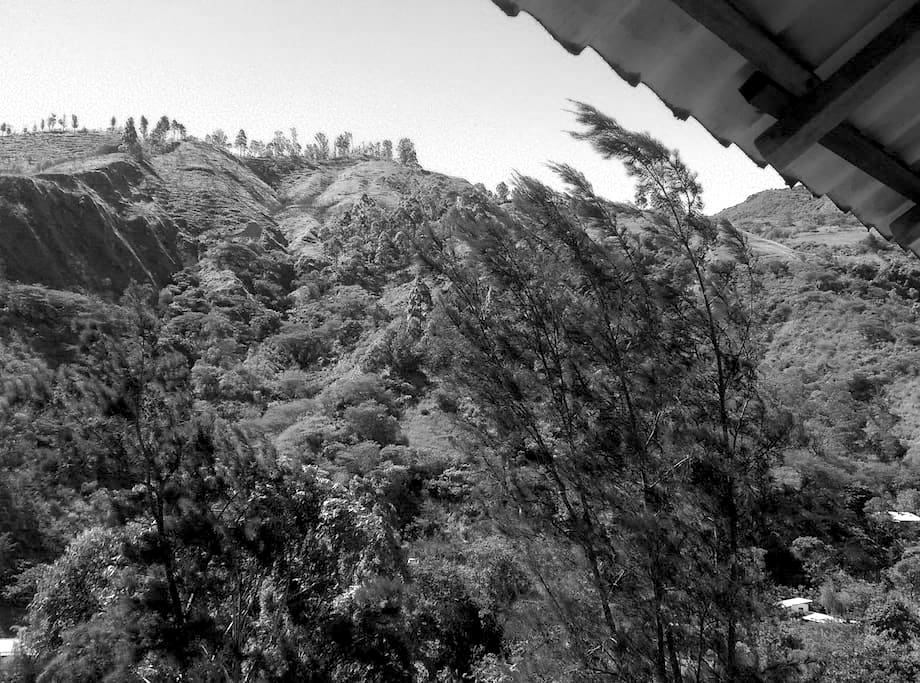|
10/10/2023 I wrote this book. Or maybe it wrote me. I published a little book in August and didn’t tell anyone. It sat there by itself in the vast internet marketplace, a little curio hidden behind layers and layers of noise. This book was vital to my own soul, but I hadn’t a clue if it would be of any use to anyone else. Once it was out there, I felt a curious mixture of exposure, invisibility and secret delight, like I was getting away with something. Thrilling because this is such an odd thing to do in a culture that says everything must be branded and packaged and sold in order to earn a right to exist.  No one likes to suffer. That’s pretty universal among humans and animals, and so naturally we gravitate toward what feels good and push away what doesn’t feel good. Unfortunately, that very natural habit doesn’t solve the problem. Suffering always returns. The Buddha’s genius was that he did something very counterintuitive. Instead of pushing away suffering, he got curious about it and studied closely how it works, just as you might study closely a lock that is stuck. He studied it so closely that he discovered a way out, and he left behind all kinds of clues and tips to help us get our own doors unlocked. Here's the first clue: he noticed that there are three types of suffering. Staying clear about which one we're dealing with at the moment is really useful, because then we have an overview of how they operate and it helps keep us from making our suffering worse. It’s pretty down to earth, really. If you have a basic understanding of how a lock works, you’ll spray the keyhole with WD-40 rather than take a hammer to it.  I finally left my retreat space, where I had been holed up for more than a year, to enter the reality of the wider world, but instead of the rumored treachery of the news, I found dreamtime over a mountain pass in the Eastern Sierras. We camped in a desert oasis between two streams, and before dawn, smoke from wildfires to the north rolled in, dense rust-colored plumes that painted the morning sun deep red. Eyes burning, mouths parched from breathing hard in the night, we drove up and up and up, hoping to get above the smoke, until we reached that highest point where the sky lives in cool clarity amongst the most ancient living trees in the world, the bristlecone pines.  Yesterday morning, I scooped up an old journal from the closet floor with the laundry and put it in the washer by mistake. Later, I found parts of it plastered to the washer wall by the spin cycle and peeled it off, still mostly intact, words faded. That journal held the decision to choose the path I took in these last 20 years: A spiritual path that led to living simply and often solitary in the forests and villages of India and the Andes, Indonesia and Italy—a little self in a vast world. 12/28/2020 Dropping out to change the world. I used to be an activist. Then I did the unthinkable. I dropped out. First, I dropped out of the peace movement. I had a job at a peace organization and my boss was a brilliant, charismatic leader who often gave us pep talks about “the fight for peace.” And it was a fight—against anyone who supported the war, against other peace groups over tactics, and against the media who didn’t cover our rallies accurately. I didn’t like fighting, and I was getting depressed. One day it dawned on me: if I wanted peace, I had to stop making enemies. So I quit. 12/23/2020 Using Writing as a Meditation Practice. Writing can be a powerful meditation practice, helping us to integrate our active mind with the mind of meditation. By using it as a process of inquiry, it can help us track our progress in loosening attachments and habitual states of mind even as it sharpens our ability to attend to the present moment. As little as 10 minutes of writing practice a day can reap great benefits. 12/20/2020 People can talk to trees. Years ago, I visited the Menominee reservation and met Earl, whose family for generations had been in charge of tending to a river where a dark serpent lived. The old stories said that when the serpent was calm, then there would be peace in the world. It was the job of Earl’s family lineage to do the practices that kept that serpent placid. I don’t know precisely what those practices were, but I do know that Earl lived alone in a remote place, in the shadow of the bluffs beside which this river flowed. 12/15/2020 Everything desires your full presence. Everyone has desire, whether it’s for enlightenment, espresso or Facebook likes. Given this, it seems natural that we go toward what we want and avoid what we don’t want. Yet this automatic orientation causes tremendous dissatisfaction and loss of freedom. We become predators going after the next hit, wanting to possess and then rid ourselves of people, experiences and objects in an endless cycle — with only little bursts of satisfaction. To address this addictive circle, some have recommended blocking desire altogether, but that doesn’t work unless we don’t mind losing our juice for life.  A few years ago, I had a vivid dream that the world would end on a specific date, nine months away. This might sound like a nightmare, but the effect on me was just the opposite. In the middle of taking in this news, I had an insight: if the world is ending — and all of human life with it — I can’t end social injustice or save the white dolphins from extinction. There’s no time for any of us to reach our so-called full potential. I might as well drop all my stories about what I need to do and all my earnest agendas for what needs to happen in the world. There just isn’t time for that.  I don't remember how I first heard about Tarapith. Perhaps it was in a book I read, but as soon as it entered my awareness, I knew I would go there. A temple in rural West Bengal, the Tara worshipped there does what seems at first impossible: she is both destroyer and loving mother, hungry for blood and eager to help. How could this be? I needed to find out.  My Journey to Borneo began with a feeling — a deep grief that through meditation and careful tending, I had allowed into my conscious mind. It had been underground for most of my life, like a dark river that ran into me through my indigenous, forest-dwelling ancestors. Then last year while on solitary retreat, I heard of the indigenous people of North America protesting the XL pipeline in the bitter cold; read of the standoff between rainforest tribes and the companies that came to take their homes; and saw the photo of a weeping Brazilian chief whose ancestral forest was to be flooded for a dam. My heart broke open into a howl, and then a profound, tender grief. I couldn’t just sit by myself and meditate anymore. I felt a deep, visceral need to do something — anything — to help.  I went on a pilgrimage to the heart of destruction. Before I went there, it seemed the darkest place I could imagine, because the Dayak people of Muara Tae were watching their ancestral forest disappear to illegal bulldozing and had been unable to stop it. While I was there, I agreed to help them crowd-fund an ancient vow ceremony on behalf of the forest, which the elders said was their last real hope.  Most of us were good at playing games of pretend as children. As adults, that skill can be harnessed to take powerful leaps in consciousness. Just as we can suspend our disbelief as we watch a movie and enter the lives of characters as real people, we can suspend our disbelief by putting on hold our view of a sullied world full of bad people and enter a new "movie" filled with pure beings. The "game" I describe here is the Buddhist practice of pure view in which we use all of our imaginative faculties to help us let go of distorted thinking and perceive something closer to the truth of how things actually exist. In a sense, we "pretend" the truth until we can fully live it.  After more than a year away, much of it in timeless solitary retreat, I returned to California for a few months. I thought I was prepared for the shock of landing there. After all, I had gone back many times after retreat. But this time was different. A veil had been lifted from my psyche by that year of practice and I had no protection against the fast and hungry life that prevails in America: the tight schedules of friends with packed lives; the required long distance driving in heavy traffic that is the norm in California; the vast parking lots; the slick, expensive cafes and shops run on the constant buzz of electricity and filled with people distracted by their gadgets; the pricetags that seemed to hang off of everything.  In the fire of a traumatic or transitional time, it’s natural for unconscious material and hidden emotions to come up. Things we may have numbed against and only felt in a distant way for most of our lives suddenly become vivid. While these periods are unpleasant, they are fantastic for spiritual practice, because it is an opportunity to release buried confusion and deepen compassion. In fact, with the right tools, the more difficult the emotion, the greater the heart opening. How to do this? 7/9/2019 Lessons from my daredevil retreat. I just emerged from a long period of retreat where I spent much of my time in solitude — reading, reflecting, experimenting with various forms of prayer, and just sitting. The last three months of this period I spent in a simple guest house on a relatively quiet lane in Ubud, Bali, where I was given a bed, a chair on a terrace and a simple breakfast. I took my second meal of the day at an off hour in a cafe down the street, and generally skipped the third. There were few distractions and few interactions.  Lately I've found myself nursing a deep well of grief as I daily witness how both people and the planet suffer from rampant materialism. Since I’ve settled into a lifestyle that includes little in the way of accumulation, I can feel in my gut how unnecessary this suffering is, but something has silenced me from talking about it. I’ve decided to risk sounding preachy, rather than let this grief stay stuck in my throat. In the last years, I’ve been slowly removing myself from the vice-grip of consumerism — not as an idea, but as a lifeway. I gave away most of what I owned, and have lived simply in parts of the world that aren’t completely under the boot of consumer culture. |
|
FOR WRITING AS A SPIRITUAL PRACTICE:
copyright 2019 by jane brunette

